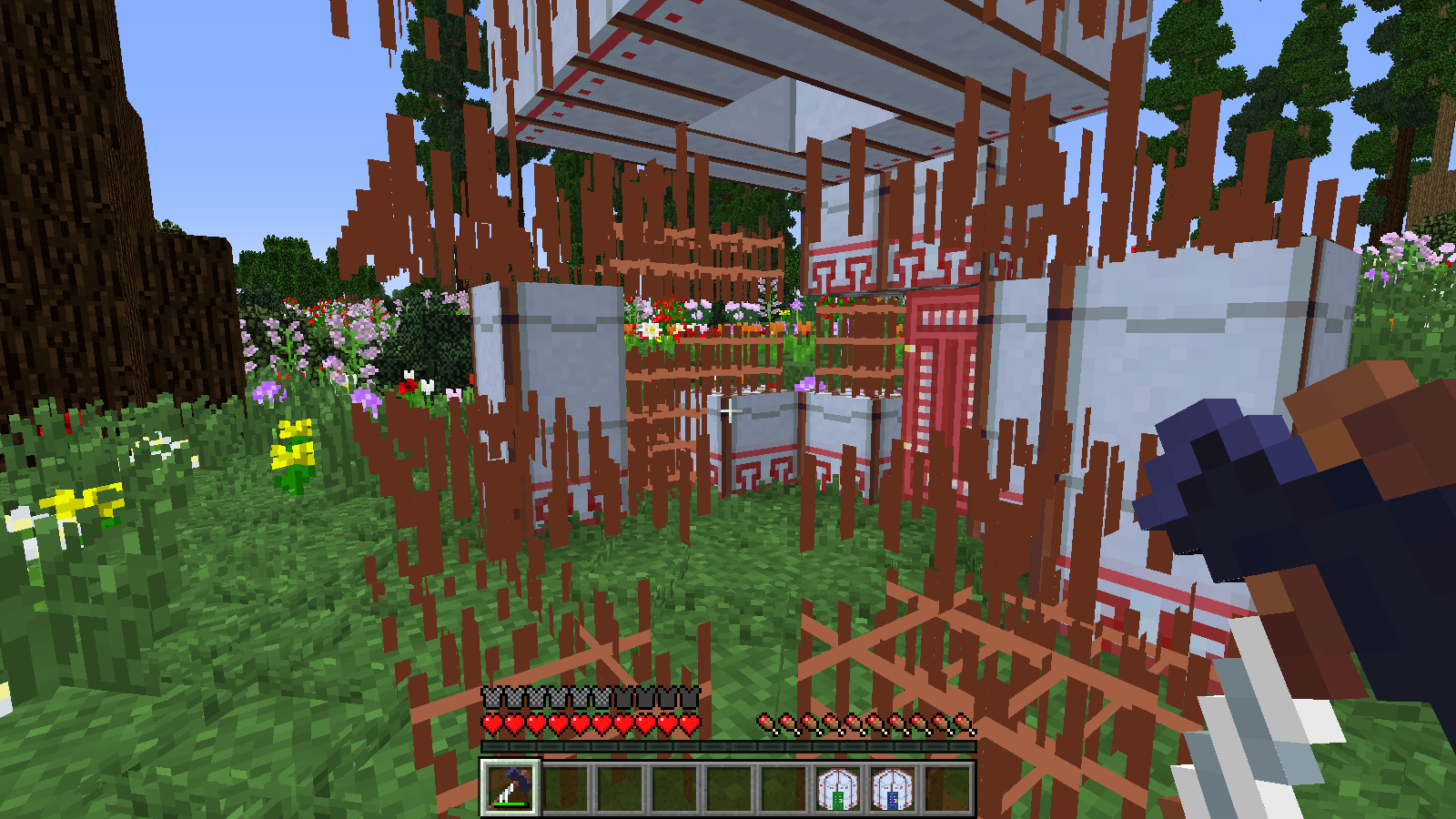If you’ve made it this far, congratulations… You are doing all of the right things. Just like setting up your central line kit before inserting your needle, you’ve put everything in its right place to set yourself up for an effective, streamlined dedicated study period. You’ve done what it takes to excel at class, your study schedule is built, you’ve completed your once-over of First Aid, and your first NBME is complete. All this toil before you can actually start studying?! It might seem like we are mad as hatters that have OD’d on atropine, but there is a sound method to the madness. It’s finally time to start studying.
But where do we begin?
Step 5: Complete your first pass of the material over the first two-thirds of your study period.
Are you saying to yourself, “That’s a pretty big step! Where do I begin?” Hopefully the study calendar you built answers any question you’ve got about what to study at any particular time. Therefore, we will talk about purpose and goals of this first pass of the material.
Although we dub it a “first pass,” you have at least gotten a glimpse of just about everything during your once-over of First Aid (link to part 3). Even though that wasn’t an in-depth learn it once-and-for-all approach to the material, at least you have been exposed to it and are not starting anything from absolute scratch.
The real goal of this first pass is to create a wrought iron framework of the entire spectrum of Step 1 knowledge. Keep in mind that Step 1 is not a difficult test per se; in the end it is mostly pattern recognition. However, there are about 2437 patterns to be able to recognize, and that’s what makes it difficult for some students to perform well on the test.
Think about, and go so far as to meditate on, the word framework. I’ve chosen it very deliberately. Trying to smash all of the information in UWorld, First Aid, etc. into your head is futile. You’d end up with a miasma of factoids and disconnected pathways. First Aid is brilliantly laid out so that as you compile knowledge, you can place it within the framework that you are building. This first pass of material is a lot like framing a house, and the second pass is installing windows, hanging siding, and running electricity. You aren’t going for completion, but you can’t settle for a mere foundation. You’ve got to make a pretty large dent in building your overall knowledge base.
“Enough metaphors and aphorisms!” you say. How do I actually execute this first pass?
The short answer is to follow your study calendar. If you put the necessary effort into building it well, you should know exactly how to approach every day. Here are the top 10 basic tenets to remember:
- Always prioritize answering questions over reading. Whether you answer it right or wrong, UWorld questions will teach you something. This is more valuable than First Aid reading, where you can easily find yourself at the end of a chapter, and recall nothing of the last 3 pages you “read.”
- If you learn something new from a question, annotate First Aid with the minimum amount of text to get your new fact included in its right place. You shouldn’t have to do too much annotation, as FIrst Aid is relatively comprehensive.
- Study early and often. You will likely be putting in 6.5 days a week. But when you are done for the day, treat yourself to some moments of enjoyment. Have a firm ON/OFF switch so you never blur the lines. You are either effectively studying, or effectively relaxing.
- Take an NBME exam every 11-14 days. You want to assess your progress, and see what questions you can answer easily, and which concepts you are still struggling with while emulating the Test Day experience.
- For this pass, stay subject/system specific. There will be time to connect systems and pathologies that span two chapters during the second pass. For example, you’ll want to complete your mastery of cardiology before tackling renal. There’s no need to cover GI and Psych at the same time. As you move forward and get closer to the test, you can start to do more mixed blocks and take on all subjects at once.
- Find the right balance of being firm but flexible. You’ll want to stick to your schedule, but if you need to move a half-day around here and there, allow yourself to.
- Don’t be afraid. It can be a bit nerve-racking when you realize, “I’m really studying now. This is my one chance to really get my knowledge base together. And I have no one to depend on but myself.” Remember that you’ve made it this far. Employ the strategies that have brought you continued success, and remember it’s only a test. Just another day of answering questions.
- Grab the low-hanging fruit on the first pass – Internalize the most common classical associations for disease processes without stressing on memorizing the entirety of the information. For instance, while studying focal segmental glomerulosclerosis, remember that it’s a nephrotic syndrome that often progresses to ESRD, and is often associated with HIV, heroin, and obesity. Esoteric histology (more “crammable” info) can come around next pass.
- Come out firing. You are going to set the pace here and now during this first pass. There is no time to ease into the material. Give it all you’ve got from Day 1, and everyday, think about how you can do better and work harder than the day before.
- Schedule an NBME followed by a day of freedom to end this first pass. The NBME will give you an idea of how far you’ve come, and areas that need bolstering for your final review of the material. The day off will be rightfully earned after a smashing effort this first time through. It will set an important demarcation between passes, and rejuvenate you for your final pass through the material.
It’s not going to be easy, but the fruits of your labors will go with you throughout life. Do what it takes to build a firm knowledge framework from Day 1, and you will be handsomely rewarded down the line. Just do what it takes. No excuses.
Up Next: Day 30-42. The second pass
Ultimate Guide to How to Study for USMLE Step 1 –
- Do amazing in class. If class is lacking, bolster your own knowledge
- Building a calendar
- Starting up – the Once through of First Aid
- Day 0. An NBME
- Day 1-30. The first Pass
- Day 30-42. The second pass
- The final countdown → Test Day





